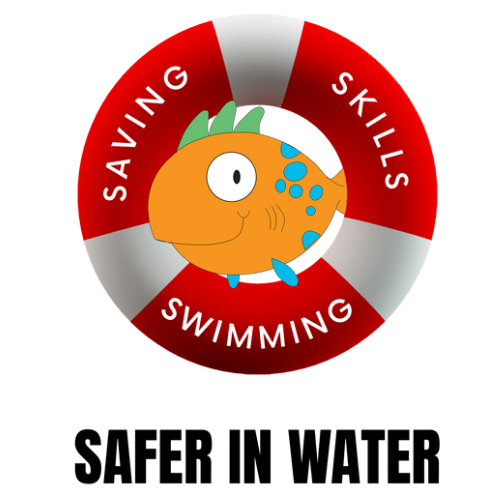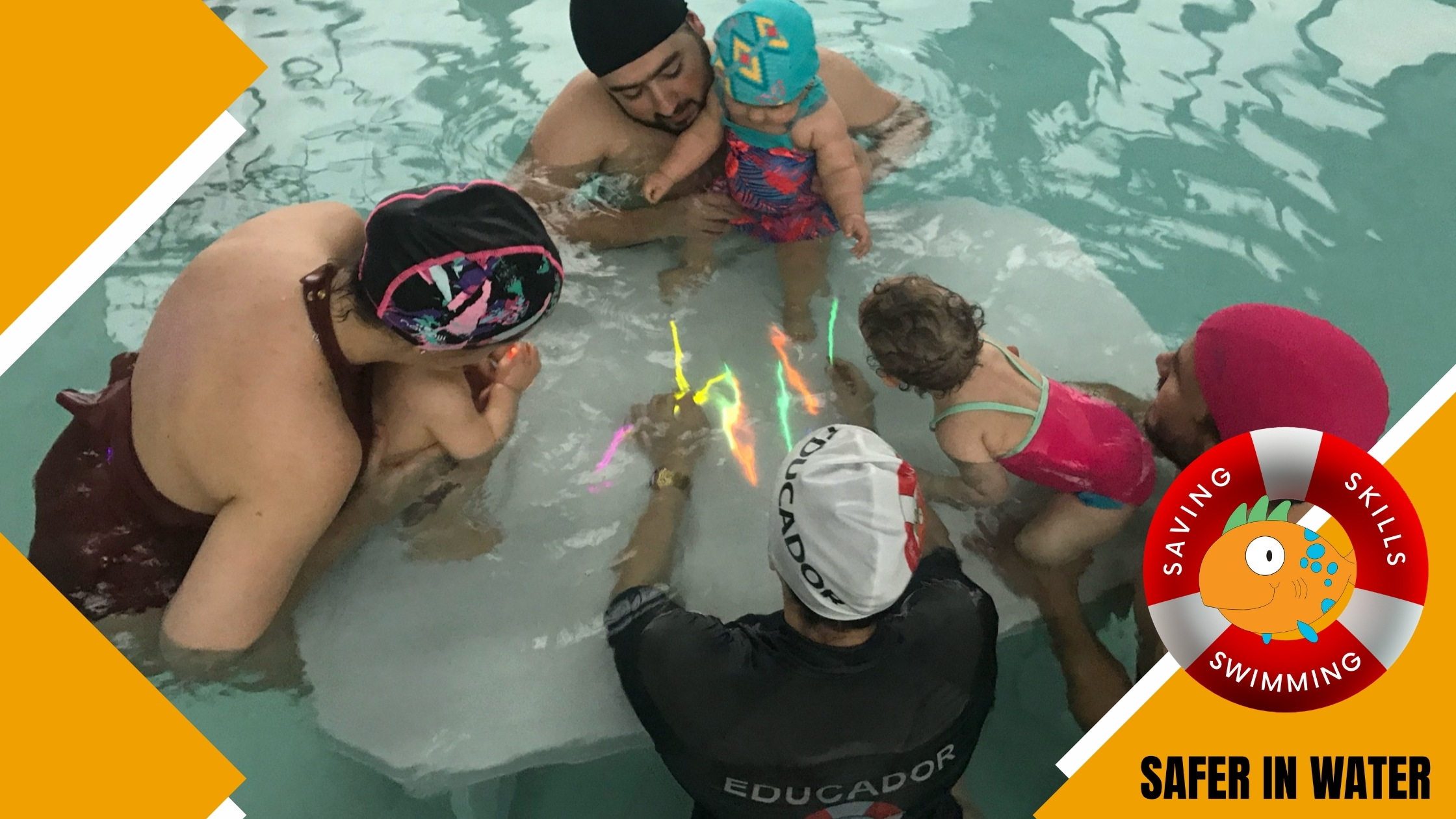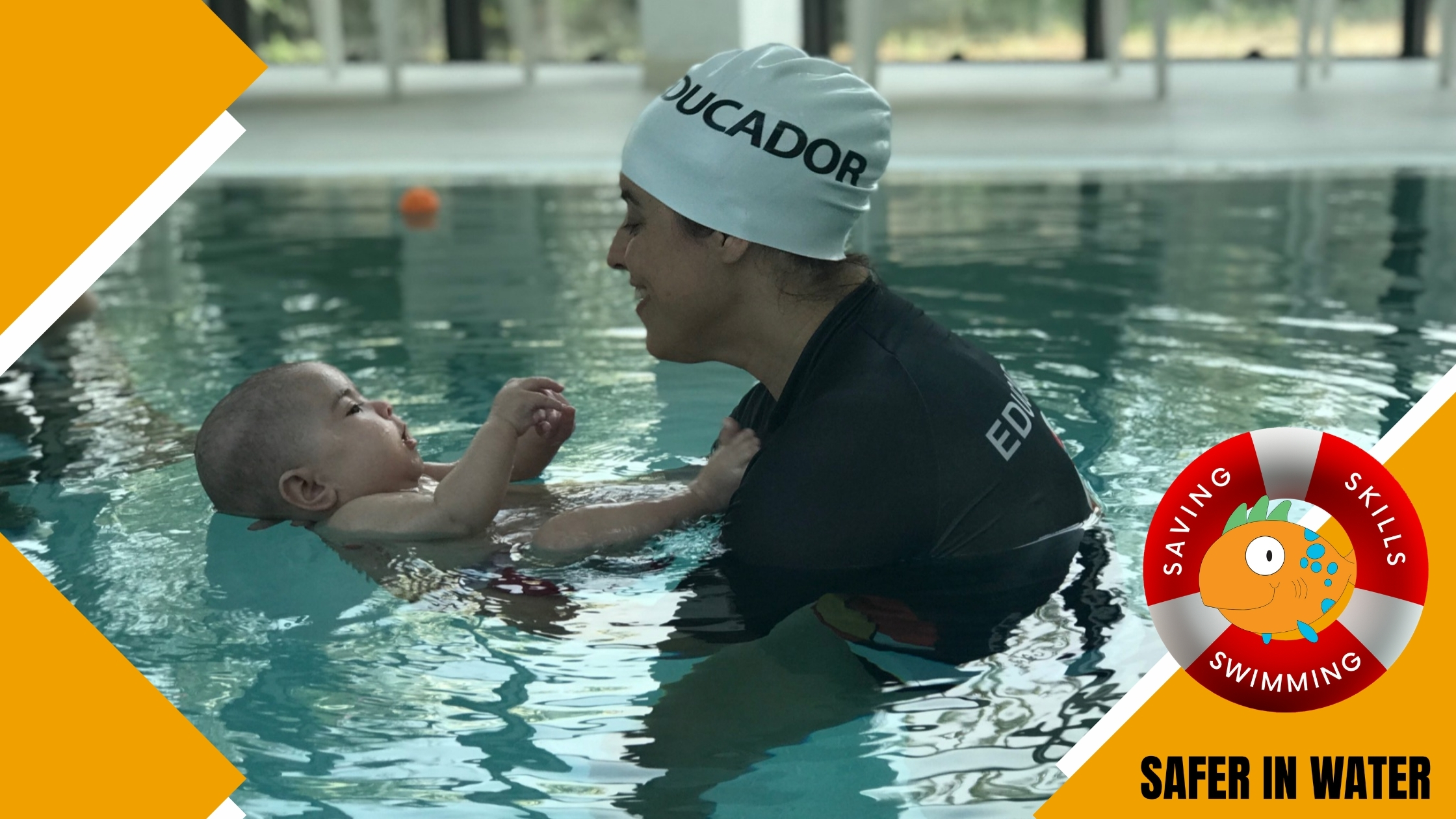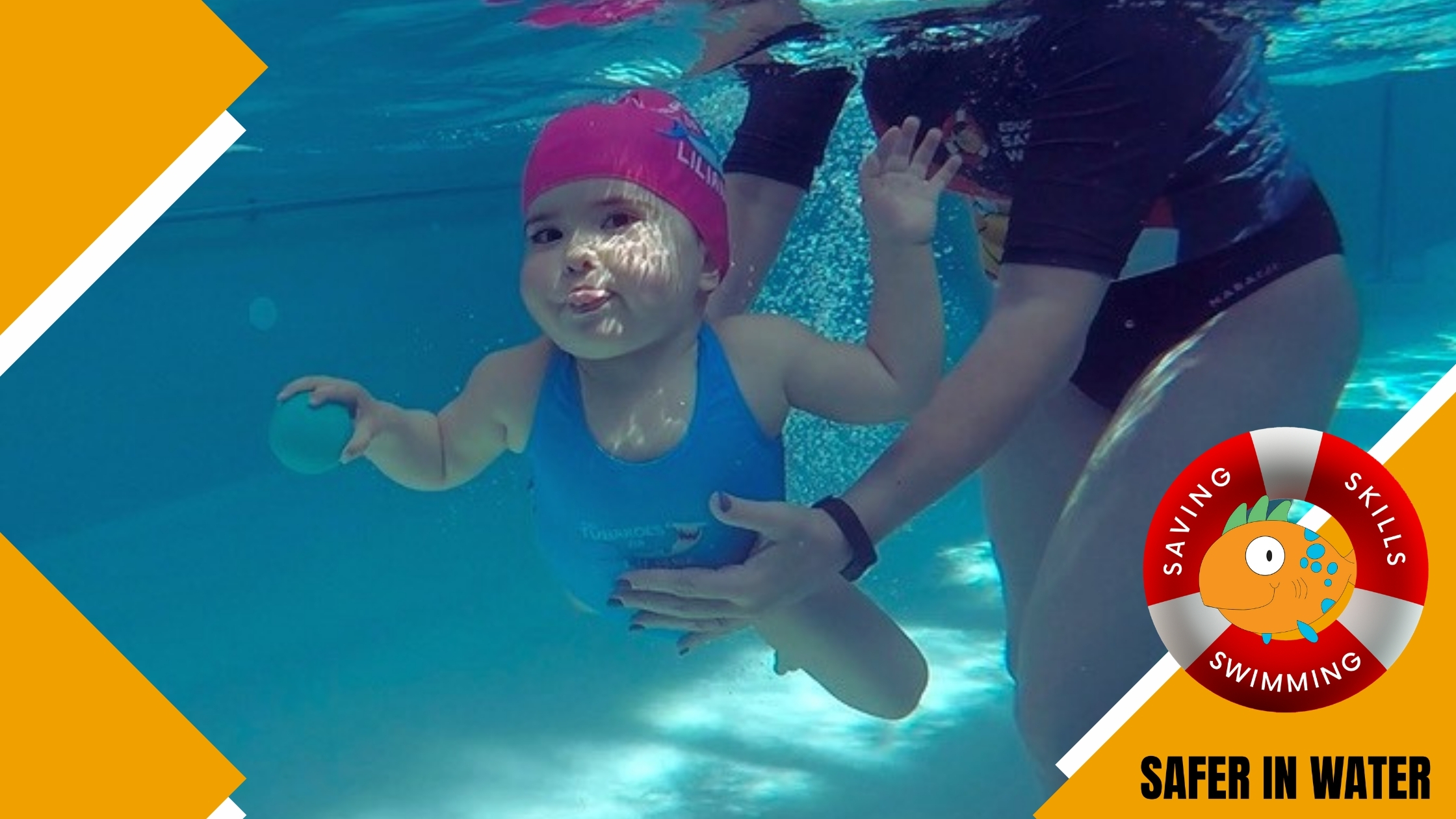blog safer in water
babies | Benefits of crawling
“Drowning is a leading killer worldwide, especially among children and young adults. It is preventable, but neglected in relation to its impact on families, communities, and livelihoods”, WHO (2017).
babies | Benefits of crawling
Most of the time, babies when they come to swimming lessons, they don’t know how to crawl. And it is not because they are not old enough, but because they have not been stimulated to do so.
Many parents don’t know the importance of crawling for the child’s development, and so they think that the fact that they walk first is a major achievement!
Well, they are wrong!
When we stimulate or provide babies with experiences that facilitate crawling, we are developing not only the motor area but also the cognitive area. Through crawling the foundations for future more complex learning, such as reading and writing, are created.
Let’s see why:
1. By developing the cross pattern of movement, i.e., when moving the left hand forward the right knee also moves forward following the movement and maintaining balance and stability, babies are working the cerebral hemispheres.
2. In the same way, crawling helps the baby to concentrate on visual and manual coordination, increasing and stimulating the senses.
3. Crawling also develops temporal and spatial perception by discovering that with your body you can cover short and long distances (notion of space) and at different speeds (notion of time).
4. By visualizing the ground to place his hand or knee correctly, the baby focuses both eyes on the same point, at a small distance. This increases and stimulates hand-eye coordination.
5. Also due to this dexterity, they can also get the spine to adopt a correct posture. This will be an added value when walking, as it will allow them to stand up straight.
Swimming lessons can be a great way to stimulate this ability, since crawling in the aquatic environment will facilitate the acquisition of very important skills to avoid dangerous situations in shallow water.
Baby swimming lessons should focus on your child’s psychomotor development. Aquatic stimulation is not just for learning to swim, much less in the first months of life. Therefore, it should be aimed at developing as many motor and cognitive skills as possible, so that throughout their development and experiences in the aquatic environment, they can create defenses and become aware of their abilities when faced with new situations.



